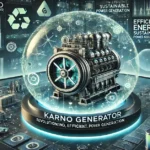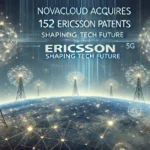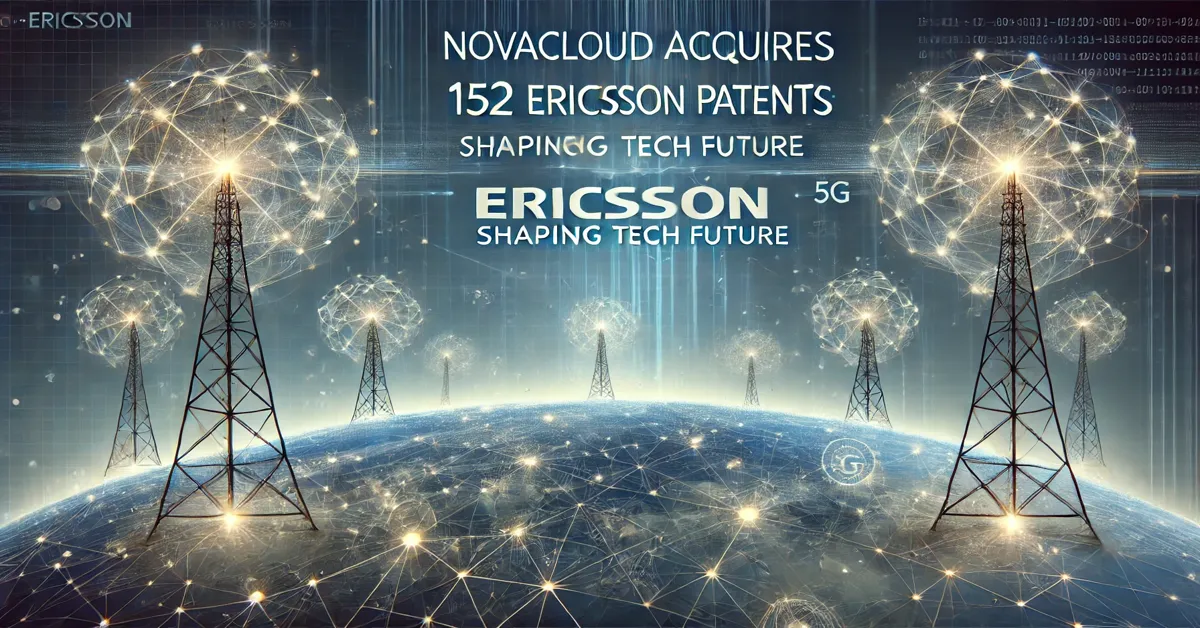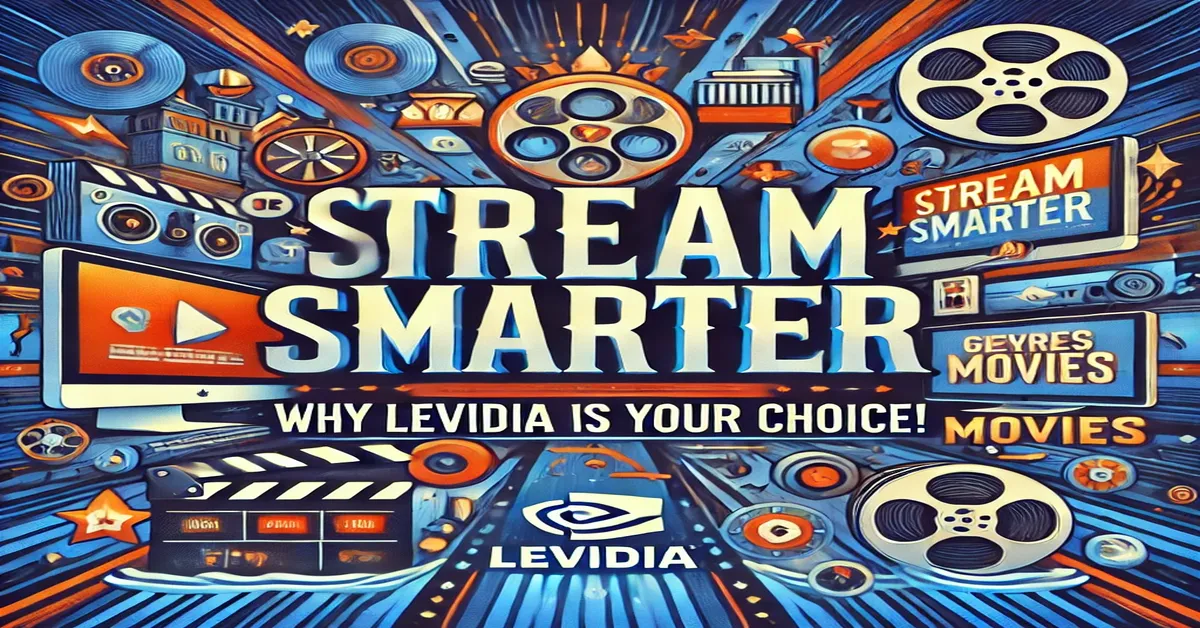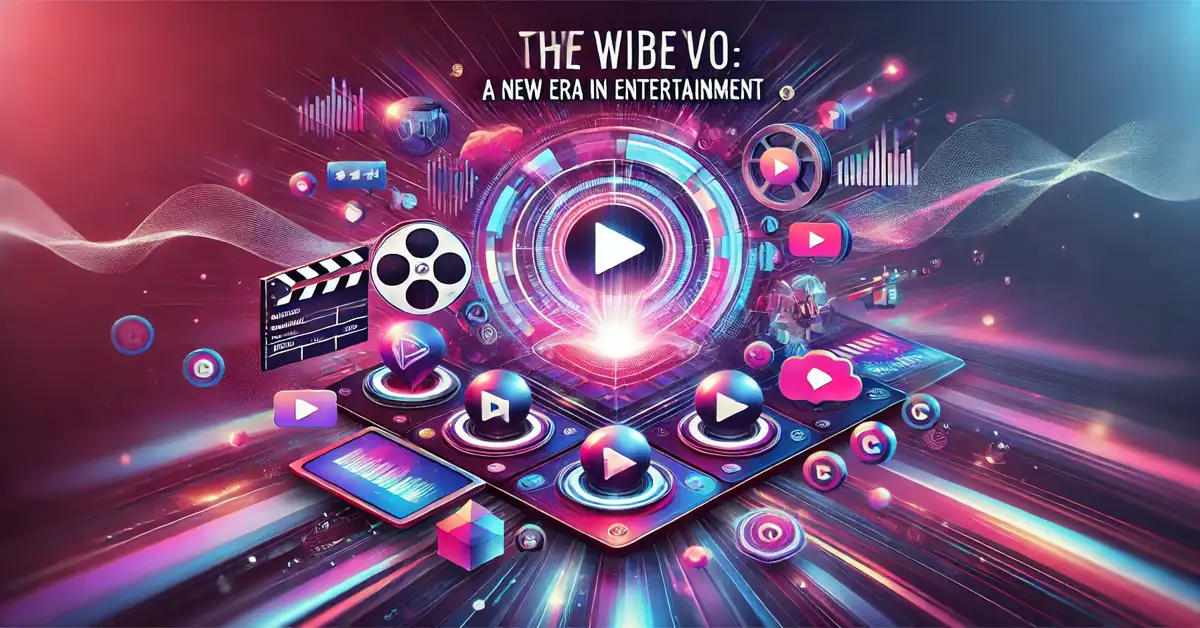The tech world has witnessed countless mergers, acquisitions, and licensing deals, but few are as significant as the recent move by a new Non-Practicing Entity (NPE), NovaCloud, to license 152 former Ericsson patent assets. This decision has generated considerable buzz across the industry, sparking debates about patent licensing, the role of NPEs, and what this could mean for future technological innovations.
In this new npe novacloud to license 152 former ericsson patent assets article, we’ll explore the impact of this move on various stakeholders, from NovaCloud and Ericsson to industry competitors and consumers. We’ll also dive into the importance of patent licensing in the tech industry, how NPEs operate, and what the future might hold for NovaCloud and its portfolio of Ericsson patents. Additionally, we will address six frequently asked questions about the deal and its implications.
Understanding the Significance of Patent Licensing
Patents are the bedrock of technological innovation. They protect intellectual property (IP), ensuring that inventors, developers, and companies can benefit from their creations. Patent licensing, in particular, plays a crucial role in allowing other businesses to legally use these patented technologies in exchange for royalties or licensing fees.
In the tech industry, where competition is fierce and the rate of innovation is rapid, companies often accumulate vast patent portfolios. These portfolios can be a significant source of revenue. Firms that may not utilize their patents in developing products can license them to other companies, creating a mutually beneficial business relationship.
Ericsson is a major player in the telecommunications industry, with a rich history of innovation and a robust patent portfolio, particularly in areas like wireless technology, 5G, and mobile communications. NovaCloud’s licensing of 152 of these patent assets positions it strategically within the tech and telecommunications sectors.
Who is NovaCloud?
NovaCloud is a relatively new player in the patent licensing field, classified as a Non-Practicing Entity (NPE). NPEs are organizations that acquire patents but do not manufacture products or services based on those patents. Instead, their primary business model revolves around licensing or enforcing the patents they hold.
NPEs have a somewhat controversial reputation, often viewed as “patent trolls” by critics who believe they exploit the patent system to extract royalties through litigation. However, others argue that NPEs play an essential role in maintaining the value of intellectual property, providing inventors with a way to monetize their patents without having to produce goods or services themselves.
NovaCloud, new npe novacloud to license 152 former ericsson patent assets with its acquisition of the Ericsson patents, is poised to become a significant player in the telecommunications and tech space. While it remains to be seen how aggressively NovaCloud will pursue licensing deals or enforcement actions, the sheer size and scope of the portfolio suggest that this NPE will make waves in the industry.
The Strategic Value of Ericsson’s Patent Portfolio
Ericsson has long been a leader in telecommunications, with a strong focus on wireless technology, network infrastructure, and mobile communications. Over the years, the company has built an extensive patent portfolio, particularly in areas like 4G LTE, 5G, and the Internet of Things (IoT). These patents cover essential technologies that are integral to the functioning of modern telecommunications networks and mobile devices.
The 152 patents licensed to NovaCloud cover a broad range of technologies, from wireless communication protocols to hardware designs and software algorithms. These patents are not just valuable on their own but can also provide critical leverage in negotiating licensing deals with companies that rely on these technologies in their products and services.
For NovaCloud, acquiring such a portfolio represents a significant opportunity. The value of the patents lies not only in their potential for generating licensing revenue but also in their strategic importance. Companies that wish to use these patented technologies in their products may now need to negotiate with NovaCloud to secure a license, making the NPE a key player in the telecommunications patent landscape.
How Will NovaCloud Monetize the Ericsson Patents?
One of the biggest questions surrounding NovaCloud’s acquisition of the Ericsson patents is how the NPE plans to monetize its new assets. There are several potential strategies that NovaCloud might pursue:
1. Licensing Agreements
The most straightforward way for NovaCloud to generate revenue from its patent portfolio is through licensing agreements. By offering other companies the right to use its patented technologies in exchange for a fee, NovaCloud can create a steady stream of income. Given the broad applicability of Ericsson’s patents in industries like telecommunications, IoT, and wireless networking, there will likely be a high demand for these licenses.
2. Patent Enforcement and Litigation
Another avenue for monetizing the patents is through enforcement actions. NPEs often use litigation as a way to extract licensing fees from companies that are using their patented technologies without a license. While this approach can be controversial and may lead to accusations of “patent trolling,” it is a legitimate way for NPEs to protect their intellectual property rights.
If NovaCloud chooses to pursue this route, it could initiate lawsuits against companies that are infringing on its patents, seeking damages or settlements. Given the prominence of Ericsson’s technologies in industries like mobile communications and networking, there could be numerous potential targets for enforcement actions.
3. Selling or Transferring Patents
In addition to licensing and litigation, NovaCloud could also choose to sell or transfer some of its patents to other entities. This could be a way to generate a large upfront payment, rather than relying on ongoing licensing fees. Depending on the strategic interests of other companies in the tech and telecommunications sectors, there may be significant demand for specific patents within NovaCloud’s portfolio.
The Role of NPEs in the Tech Industry
NPEs like NovaCloud have a unique role in the tech industry, acting as intermediaries between inventors and companies that wish to use patented technologies. While they don’t produce products or services themselves, NPEs provide a way for inventors and companies to monetize their intellectual property without having to commercialize it directly.
However, the role of NPEs is often controversial. Critics argue that NPEs stifle innovation by filing frivolous lawsuits and demanding excessive royalties from companies that are developing new products. On the other hand, supporters of NPEs argue that they play a crucial role in protecting intellectual property rights and ensuring that inventors are fairly compensated for their work.
The rise of NPEs has led to significant changes in the way patents are managed and enforced in the tech industry. Companies now have to be more vigilant about ensuring that they have the proper licenses for the technologies they are using, and they must be prepared to defend themselves against potential lawsuits from NPEs.
What Does This Mean for Ericsson?
For Ericsson, the decision to license 152 of its patents to NovaCloud represents a strategic move. By transferring these assets to an NPE, Ericsson can potentially free itself from the burden of managing and enforcing these patents, allowing the company to focus on its core business areas, such as 5G infrastructure and network solutions.
Additionally, the licensing deal provides Ericsson with a way to monetize its patents without having to engage in direct licensing negotiations or litigation. While the exact financial details of the deal have not been disclosed, it’s likely that Ericsson will receive a significant payout as part of the agreement.
By offloading these patents to NovaCloud, Ericsson can continue to benefit from its intellectual property without having to actively manage it. This move also aligns with Ericsson’s broader strategy of focusing on its strengths in telecommunications infrastructure while divesting non-core assets.
Impact on Competitors and the Tech Industry
The transfer of Ericsson’s patents to NovaCloud could have significant implications for competitors and the broader tech industry. Companies that rely on technologies covered by these patents may now have to negotiate with NovaCloud for licensing rights, potentially leading to increased costs or legal challenges.
For competitors in the telecommunications industry, the move could also shift the balance of power. NovaCloud, as an NPE, is likely to pursue an aggressive licensing and enforcement strategy, which could create challenges for companies that have previously relied on Ericsson’s patents. This could lead to an increase in litigation within the industry, as companies scramble to secure the necessary licenses or defend themselves against infringement claims.
However, the impact of the deal could also be positive for the tech industry as a whole. By consolidating these patents under a single entity, NovaCloud could streamline the licensing process, making it easier for companies to access the technologies they need. This could potentially spur innovation by providing companies with greater clarity and certainty around patent licensing.
The Future of NovaCloud and the Ericsson Patents
The future of NovaCloud and its portfolio of Ericsson patents remains uncertain. Much will depend on how the NPE chooses to manage and monetize its assets. If NovaCloud pursues an aggressive licensing and enforcement strategy, it could become a major player in the tech and telecommunications industries, with significant influence over the use of key technologies.
On the other hand, if NovaCloud takes a more passive approach, focusing on licensing rather than litigation, it could play a more supportive role in the industry, helping to facilitate the use of essential technologies without creating additional legal hurdles.
Regardless of the approach NovaCloud takes, its acquisition of the Ericsson patents is likely to have a lasting impact on the tech industry. The sheer size and scope of the patent portfolio, combined with the strategic importance of the technologies it covers, mean that NovaCloud will be a key player in the patent licensing landscape for years to come.
Conclusion:
In conclusion, new npe novacloud to license 152 former ericsson patent assets marks a significant shift in the tech and telecommunications industry. As a Non-Practicing Entity (NPE), NovaCloud has the potential to influence the market by monetizing these patents through licensing, litigation, or even further transfers. This move highlights the ongoing importance of intellectual property in driving innovation and competition within the tech sector. While NPEs like NovaCloud are often controversial, they play a crucial role in the patent ecosystem, enabling companies to leverage their IP assets without directly engaging in production or product development.
For Ericsson, this deal allows the company to focus on its core business operations, such as 5G and networking solutions, while still benefiting from its extensive patent portfolio. Moving forward, the industry will be closely watching how NovaCloud manages these patents and what impact it will have on competitors and the broader tech landscape.
FAQs
1. What is NovaCloud?
NovaCloud is a Non-Practicing Entity (NPE) that specializes in patent licensing. It recently acquired 152 former Ericsson patent assets, positioning itself as a significant player in the telecommunications and tech patent licensing space.
2. What are Non-Practicing Entities (NPEs)?
NPEs are organizations that acquire patents but do not produce products or services based on those patents. Instead, they focus on licensing their patents to other companies or enforcing them through litigation.
3. What types of patents did NovaCloud acquire from Ericsson?
NovaCloud acquired 152 patents from Ericsson, covering a range of technologies in telecommunications, including wireless communication protocols, mobile networks, and IoT-related innovations.
4. Why did Ericsson license these patents to NovaCloud?
Ericsson likely licensed these patents to NovaCloud to monetize its intellectual property without having to actively manage or enforce the patents itself. This allows Ericsson to focus on its core business while still benefiting financially from its patents.
5. What are the potential implications for the tech industry?
Companies that rely on the technologies covered by the patents may now need to negotiate with NovaCloud for licensing rights. This could lead to increased costs or legal challenges, particularly if NovaCloud pursues an aggressive enforcement strategy.
6. What is the controversy surrounding NPEs?
NPEs are often criticized for engaging in patent litigation and seeking royalties from companies that use their patents. Critics argue that this stifles innovation, while supporters claim that NPEs play a crucial role in protecting intellectual property rights.



